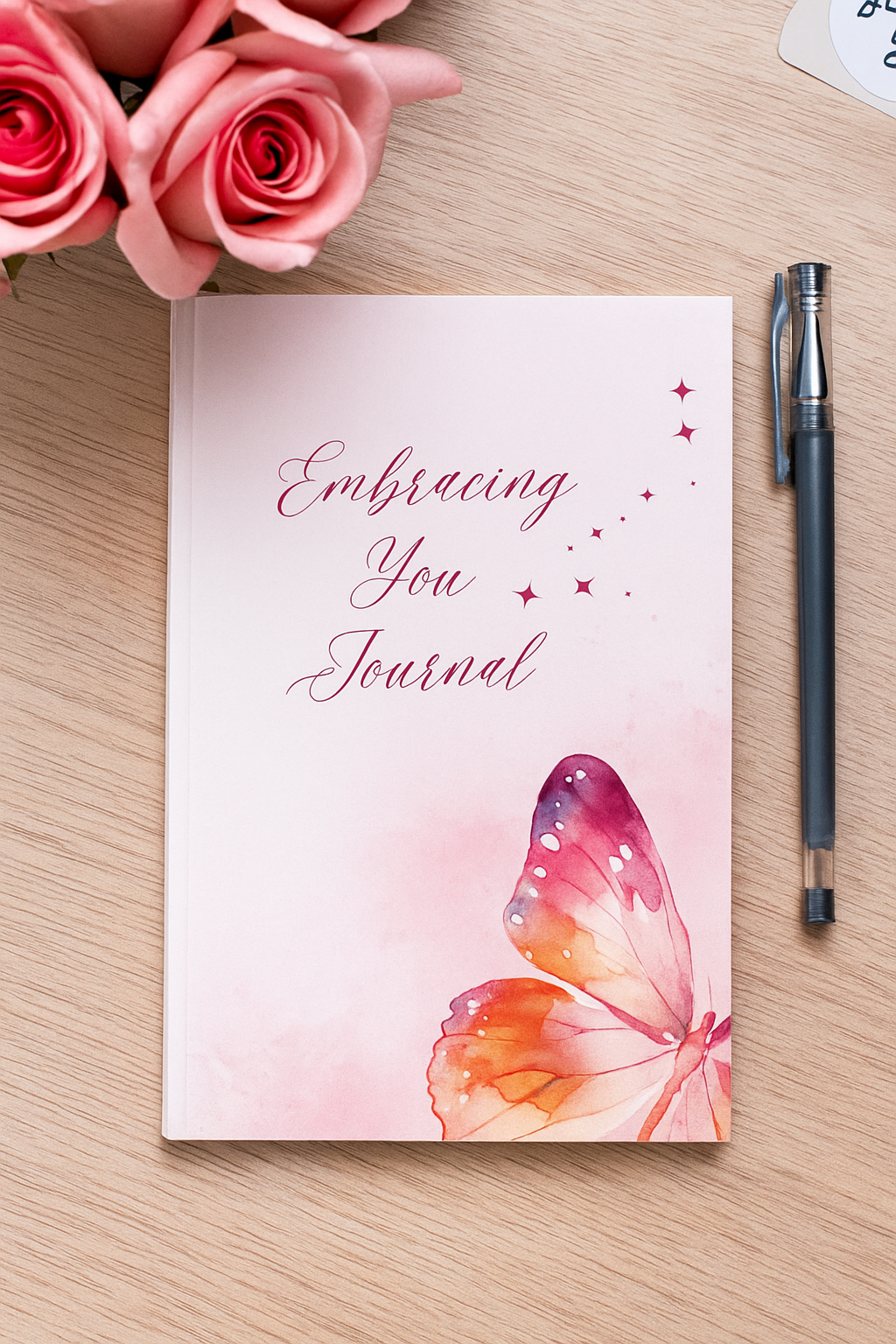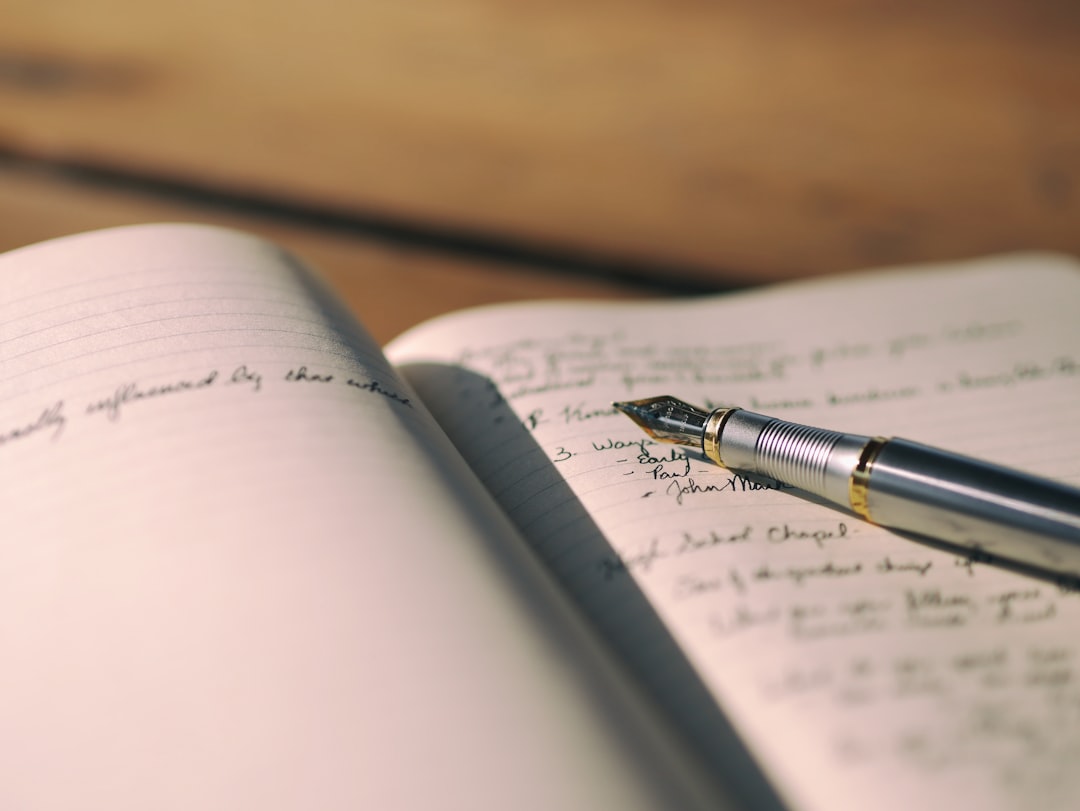How Five Minutes of Morning Journaling Can Bring Clarity and Peace to Your Day
My journal isn’t a to-do list—it’s my mental decluttering magic wand. Just five minutes each morning turns the chaos in my head into something I can actually handle.
Think of journaling as gently opening a window in your mind first thing in the morning. That fresh breeze of clarity, quiet, and intention comes in—and suddenly, your thoughts aren’t suffocating you anymore. In this post, I’ll walk you through how I created a five-minute-a-day journaling habit and why it transformed my mornings, sharpening my feelings and giving me space to breathe.## The Power of Morning Journaling

Morning journaling is a transformative practice that can set the tone for your entire day. Let’s explore how this simple habit can declutter your mind and help you understand your emotions better.
1. “Five Minutes Is Enough (Seriously)”
It sounds crazy small, right? But that tiny window was my secret. Starting with just five minutes made it feel doable—even on groggy, “I can’t even” mornings.
Why it works:
Consistency outranks duration. Research shows you’re more likely to stick with journaling when you keep it short and routine-based (University College London, habit formation) Journaling Insights.
Morning ink clears your mental desk. Morning journaling helps dump cognitive residue, clearing mental clutter for better focus throughout the day Journaling Insights Onlymyhealth.
Tip: Set a timer. No need to write War and Peace—just let thoughts spill out until the buzzer goes off.
2. “Morning Pages: Your Brain on Fresh Start”
I wrote before checking my phone, before caffeine, before emails—just me, my pen, and an empty page. That calm, undistracted moment became sacred.
Why please yourself with that quiet:
Reduces stress and anxiety. Morning journaling has been shown to lower cortisol levels and blood pressure more effectively than evening writing Journaling Insights.
Boosts clarity and positivity. Starting your day with this intentional act improves mental clarity and mood—and helps set positive tone for the rest of your day OnlymyhealthDaily JourneeHelpGuide.org.
Tip: Keep your notebook and pen right next to your bed. Rip the lid off first thing. No excuses.
3. “Decluttered Mind,
Sharper Feelings”
Within a few days, I noticed something magical: emotions stopped smearing together like watercolor. I could actually pinpoint what was buzzing—was it excitement? Stress? Something else entirely?
Why journaling helps emotional clarity:
Better emotional processing. Writing gives your brain permission to sort and understand emotions, instead of letting them simmer unlabeled California Mental HealthPsych Central.
Self-awareness and growth. It nurtures emotional intelligence and self-reflection—helping you navigate your day with intention, not autopilot California Mental HealthCenter for the Advancement of Well-Being.
Tip: Ask yourself: “What am I feeling and why?” Even naming it helps.
4. “The Habit That Stuck (Because I Kept It Easy)”
Here’s the real trick: most journaling guides say, “Write for 20 minutes!” I said, “Nah.” Five minutes was manageable—even on travel mornings or rough starts—and soon became non-negotiable me-time.
Why it stuck:
Low entry barrier. Short, simple routines build habits better than long, daunting ones (habit loop theory) Journaling Insights.
Therapeutic even in micro doses. Research finds that even brief journaling helps reduce depressive symptoms, anxiety, and boosts well-being VoxHelpGuide.org Kentucky Counseling Center.
Tip: If you miss a day—don’t stress. Just start fresh tomorrow. Gentle persistence wins the race.
5. “Science Says This Works—Your Brain Agrees”
Beyond my own mornings, studies back this practice. Writing—even briefly and first thing—calms emotional overload, improves mood, and builds mental resilience.
Therapeutic writing works. Expressive writing can dramatically reduce symptoms in health-struggling patients and improve mental health outcomes—without needing a therapist present Vox.
Stronger brain, better emotional health. Journal therapy supports emotional regulation, self-awareness, and even helps reduce amygdala-driven stress responses Wikipedia California Mental Health.
Tip: Your journal isn’t just a notebook—it’s your personal growth lab, self-therapy tool, and mental release all rolled into one.
Conclusion
So, yeah—I started with just five minutes of morning scribbles and ended up forging a habit that calms, clarifies, and connects me to my true self. It’s simple, evidence-backed, and seriously life-changing. If you’re feeling overwhelmed, fuzzy, or just too busy to journal—start here. Write for five minutes. No judgment. Just you, your thoughts, and the page. That window of clarity could be your whole morning’s superpower.

